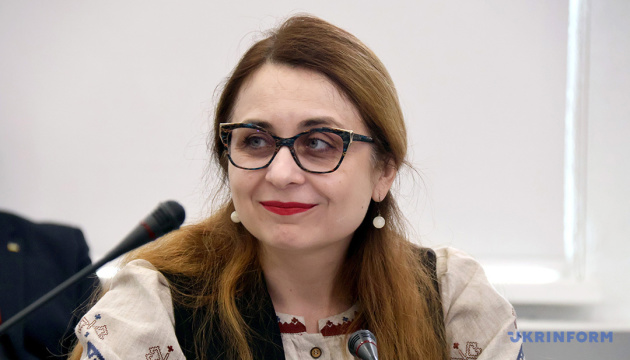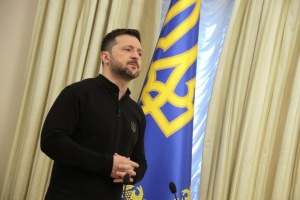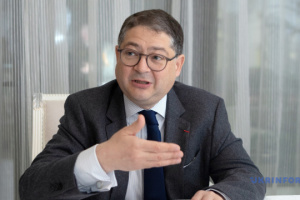
Communities exploring prospects for developing distributed generation after USAID projects cut - expert
Yulia Usenko, an expert at the Association of Small Towns of Ukraine, said this in a commentary to Ukrinform.
“This (the termination of USAID programs- ed.) took away the lion's share of the assistance that communities had received, both in terms of planning their energy needs and in terms of project implementation,” Usenko said.
She said that the initiatives that were launched prior to the USAID programs being curtailed will be completed. The expert emphasized that the agency had provided support for the development of microgrids in communities.
“However, communities are not giving up. Even small communities recognize the importance of meeting critical infrastructure needs and are identifying opportunities to install solar generation for these facilities,” said Usenko.
At the same time, communities use both grant funding and the involvement of private investors through the ESCO mechanism.
“Cogeneration equipment presents a particular challenge. Today, the Japanese government may take over the issues previously addressed by USAID. This would be very good support,” Usenko said.
She explained that cogeneration projects are technically more complex than installing solar panels. In addition, cogeneration equipment is expensive, and it is difficult for communities to plan its purchase.
At the same time, the expert noted that in the context of Russian attacks on gas infrastructure, it is risky for communities to rely only on cogeneration units. Local communities must find different solutions to meet their energy needs.
As reported, Secretary of State Marco Rubio has announced that the United States is officially cancelling 83% of USAID programs.
The Japan International Cooperation Agency (JICA) has said it is considering financing energy and infrastructure programs in Ukraine that were previously managed by USAID.




